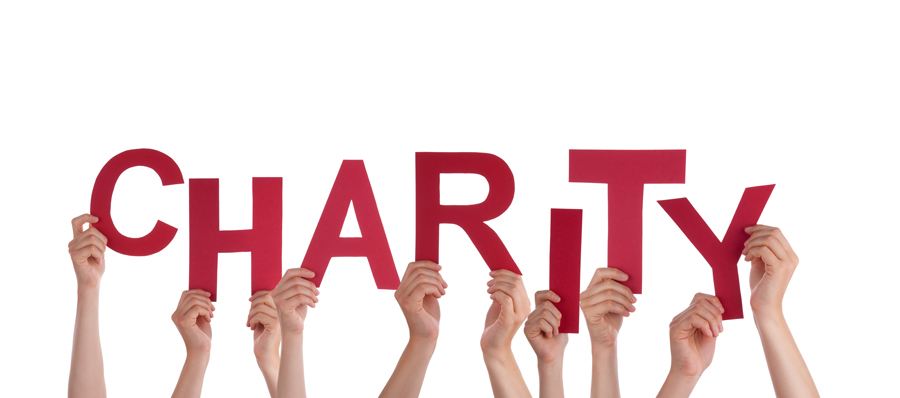The function of education is to teach one to think intensively and to think critically. Intelligence plus character – that is the goal of true education.
– Martin Luther King, Jr.
We spend so much time worrying about our students’ education: Are their classes challenging enough? Are they reading the right books? Are their scores high enough? Will they get into the right school? Will they be able to become something successful?
Sometimes though, in the midst of our concerns over what they will become, we forget that we are building future members of society, and that their functions in the world will extend beyond their careers. Who they will become is far more significant in the long run than their future school, major or even job. As parents and teachers, it is our responsibility to educate students so that they become people of character, who are not only intelligent, but also live purposeful lives. Charity work and activism are pivotal pieces of the developmental process for this in students. These activities foster impactful and a direct connection between students and their communities. Whether it be locally-or globally-oriented, working for a cause unites students with the world that surrounds them and pushes them to work towards its improvement.
Obviously, most of our students live a relatively privileged existence (which is nothing to be ashamed of); however, not recognizing these blessings can have negative effects. Not only do students empathize less with those who may not be so lucky, they are also less likely to recognize the value in experiences in their own life. Taking a more active role in their community, through activism and charity work can help illustrate what they have to be thankful for, while simultaneously allowing them to recognize that material goods are not the only means to a fulfilling life.
Despite having more development and education than ever before, our world still faces serious divides. Many of these issues are a result of the inability of people to connect and sympathize with those around them. We have what scientists call an ‘in-group/out-group’ problem. Research has shown that in interacting with people who we feel belong within our ‘group’ (be it based on dog loving, nationality, or otherwise), we are much more likely to show kindness, trust and compassion. Conversely, with people we feel are outside of our group, we are less forgiving, and we are more likely to judge and stereotype without proper evidence.
It is our responsibility to educate students so that they become people of character, who are not only intelligent, but also live purposeful lives.
Involving students with a cause, such as social justice issues, forces them to step out of their personal comfort zones and experience people and situations they never have before. This helps tear down social barriers that are so easily raised by a lack of understanding in other people’s experiences. Be it through work with poverty, political representation, social equality or something else, encouraging students to connect with people of different backgrounds in an effort to understand their situations expands students’ worldview and understanding in masterful ways.
Furthermore, getting students involved with charity work or a social cause can also provide a fuller picture of the world around them. For example, causes that involve environmental issues show students how their behaviors and that of others can have an impact. It could be clean water, clean air, or just a desire for a cleaner campus – these involvements help tie students’ actions, both directly and indirectly, to a greater purpose. Furthermore, it creates opportunities for them to think critically about their world, appreciating the positive while simultaneously acknowledging the negative. Problems that they identify offer them significant opportunities to not only improve their communities, but also to use 21st century skills to seek meaningful solutions.

Charity work and activism foster long lasting and meaningful ties to a community and ground students in purposeful work. Imagine a school community with less bullying because students first sought to understand each other before judging each other. Now, imagine the world students from such a school community could grow up to create. Consider what happens when students take responsibility for their own surroundings, by recycling, using less energy, and being responsible consumers. Now, consider what the world would be like when these students become leaders.
As teachers and parents, we have a responsibility to educate our students. That need for education though, extends far beyond the classical curriculum of reading, writing and arithmetic. We have a responsibility to involve them in meaningful work within their communities. Work that can educate, train and inspire them to recognize their purpose and reach extend far beyond the classroom and that the sum of their actions is more valuable than the sum of their scores. We owe them the opportunity to become people of value in this world.
Danielle Strohmeyer is the Primary and Middle School Assistant Principal at Shanghai High School International Division.


















